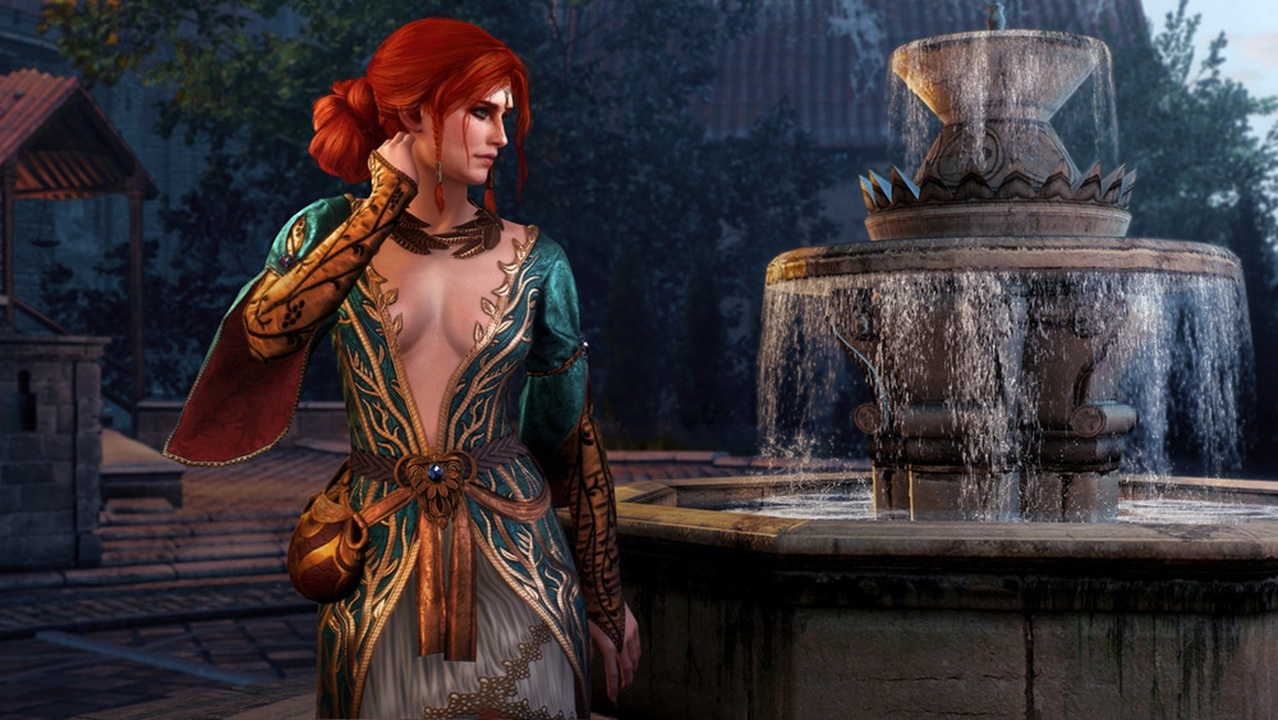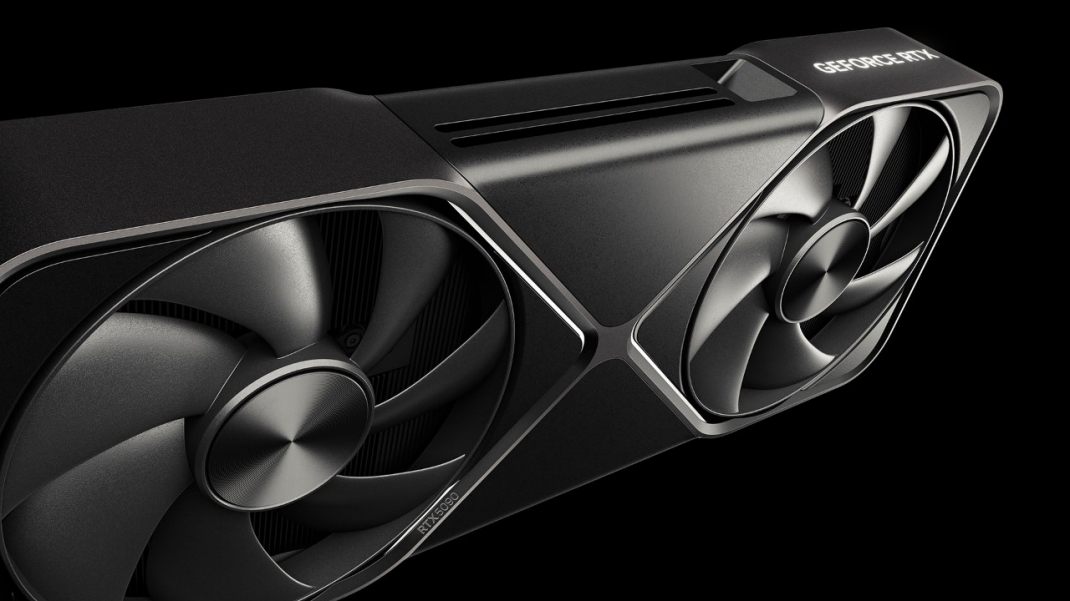- Jensen Huang discussed the next phase of AI, called “physical AI,” requiring robotics, AI, and Omniverse systems.
- He highlighted top companies like OpenAI, Anthropic, and Google as key players in generative AI.
- Huang described AI development as involving three computers: one for creating AI, one for simulating it, and one for running it.
Nvidia CEO Jensen Huang spoke on the next phase of AI, or “physical AI,” at the recent SIGGRAPH 2024 conference. He stated that AI currently has three computer problems, and its realization will involve three computing systems: robotics, AI, and Omniverse.
Why it matters: The company is currently working on pushing humanoid robot development through its AI technology. Therefore, Nvidia has already identified the challenges that need to be addressed in this case.
According to Huang, the pioneers of generative AI comprise its initial wave. OpenAI, Anthropic, Google, Microsoft, and many other incredible companies are among the pioneers we are familiar with.
Furthermore, customer service is one of its uses, and the goal is to enable all organizations to develop their own artificial intelligence systems. So, everybody would be augmented and have a collaborative AI that could empower them and help them do better work.
Finally, Nvidia’s third wave is dubbed “physical AI.” This will require three computers since one will create the AI, the other will simulate it, and the last one will be used to run the AI.
Nvidia believes these three computers would help robots learn and refine their AI, further pushing the technology to its limits.
Nvidia is currently among the pioneers that have started the movement of AI, and its hardware has been instrumental in the emergence of this technology. The company also has a projected market share of more than 90% in the AI data center market, giving it a significant advantage.
Thank you! Please share your positive feedback. 🔋
How could we improve this post? Please Help us. 😔
[News Reporter]
Malik Usman is student of Computer Science focused on using his knowledge to produce detailed and informative articles covering the latest findings from the tech industry. His expertise allows him to cover subjects like processors, graphics cards, and more. In addition to the latest hardware, Malik can be found writing about the gaming industry from time to time. He is fond of games like God of War, and his work has been mentioned on websites like Whatculture, VG247, IGN, and Eurogamer.




